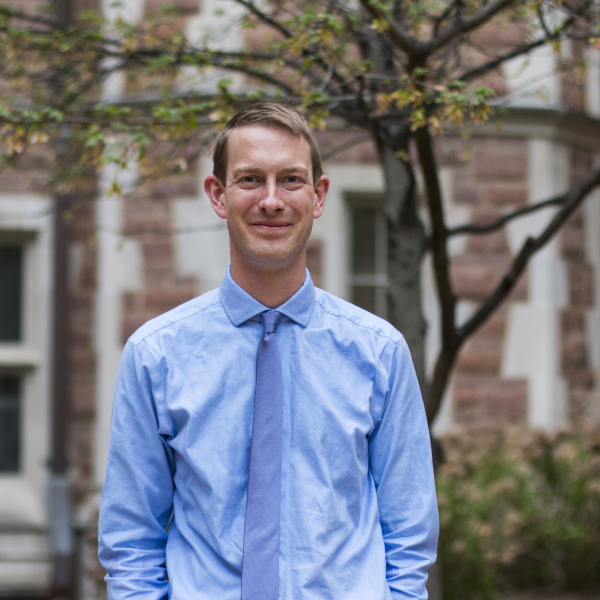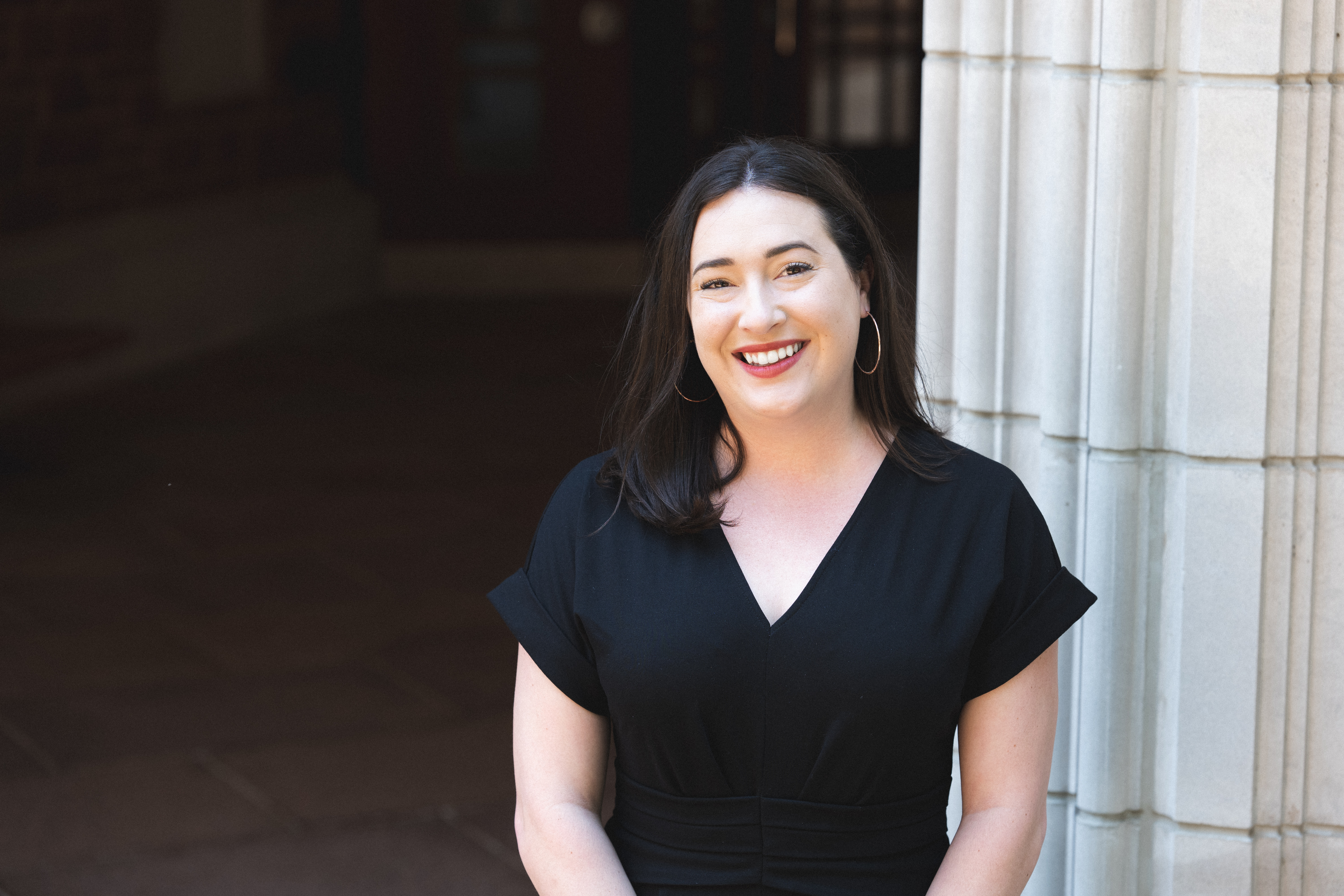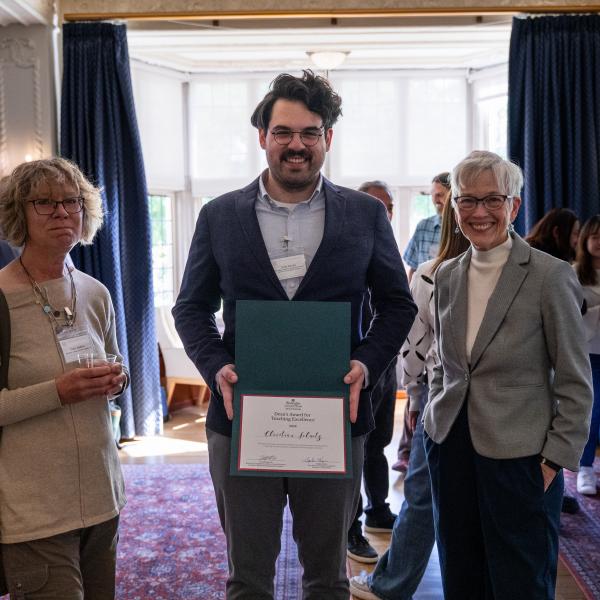A survey by researchers in The Department of Psychological & Brain Sciences found that children were more likely to report major discrimination if their parents had experienced something similar.
Despite extensive efforts to promote diversity and equality, discrimination remains stubbornly persistent in the St. Louis area, according to a new study by researchers in the Department of Psychological & Brain Sciences. A survey of nearly 1,500 St. Louis-area residents spanning two generations found that about 44% had experienced at least one major incident of discrimination.

Tellingly, experiences of discrimination spanned generations: Members of the younger generation (average age 43) were more likely to report such experiences if their parents (average age 73) also felt targeted at some point. “The fact that we see an association between the parents and the children speaks to the pernicious cycle of discrimination over the years,” said study co-author Patrick Hill, professor of psychological and brain sciences.
The study, led by postdoctoral researcher Megan Wolk, was published in the International Journal of Behavioral Development. Additional co-authors include Ryan Bogdan, the Dean's Distinguished Professor of Psychological & Brain Sciences, and Thomas Oltmanns, the Edgar James Swift Professor in Arts and Sciences.
The respondents were part of the SPAN (St. Louis Personality & Aging Network) study, a deep dive into St. Louis adults that began in 2007. Surveys of this group, which now includes people in their 60s and 70s as well as their children, have led to important intergenerational insights on personality and mental health. About two-thirds of the respondents are white and one-third are Black. “The group is racially representative of St. Louis city and county areas,” Wolk said.
Researchers asked study participants about their personal experiences with discrimination, including whether they felt they had ever experienced it in education, housing, employment, medical care, access to services, or interactions with the police. They also asked about a sense of purpose in life, a major focus of research in Hill’s lab.
Hill said it was notable that both generations reported similar average levels of experience with discrimination. “These are two very different groups who lived through very different historical events when it comes to civil rights and social justice initiatives,” he said.

Wolk said it’s impossible to know from the study if levels of discrimination are more or less extreme from one generation to the next. “We weren’t there to witness the events, so we don’t know the details of what happened,” she said. She noted, however, that the survey focused on “major experiences of discrimination,” not minor slights. “If people feel they’ve been discriminated against, that’s what matters,” she said. “It’s going to impact the way they go about their day-to-day lives.”
The study found no strong association between a person’s sense of purpose in life and their experiences of discrimination, a result that echoed some of Wolk’s previous work with this population. The finding may also speak to the resiliency of people in and around St. Louis, Wolk said, noting that the area has been the site of significant activism, including the beginnings of the Black Lives Matter movement. Instead of giving up in the face of discrimination, she said, St. Louisans seem to be inspired to act.
(Header photo: Pexels)




